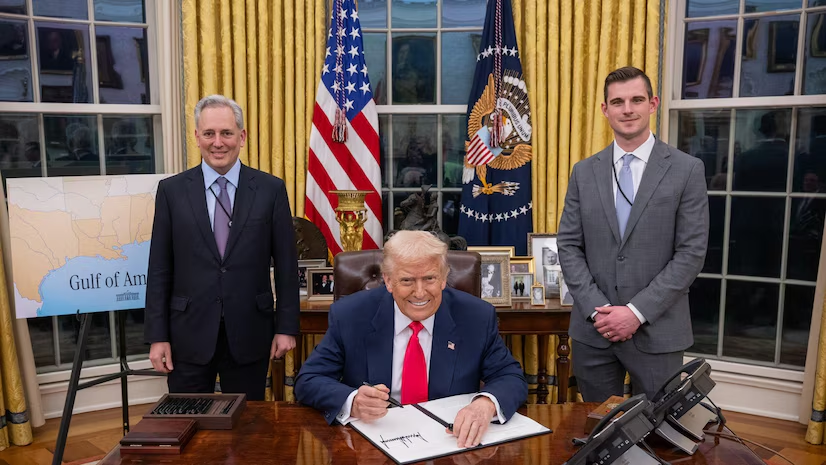- Courses
- GS Full Course 1 Year
- GS Full Course 2 Year
- GS Full Course 3 Year
- GS Full Course Till Selection
- CSAT
- 5 LAYERED ARJUNA Mentorship
- Public Administration Optional
- Online Program
- GS Recorded Course
- NCERT Batch
- Polity Module Course
- Geography Module Course
- Economy Module Course
- AMAC Module Course
- Modern India, Post Independence & World History Module Course
- Environment Module Course
- Governance Module Course
- Science & Tech. Module Course
- International Relations and Internal Security Module Course
- Disaster Management Module Course
- Ethics Module Course
- Essay Module Course
- Current Affairs Module Course
- ABOUT US
- OUR TOPPERS
- TEST SERIES
- FREE STUDY MATERIAL
- VIDEOS
- CONTACT US
Ban on Non-Basmati Rice
Ban on Non-Basmati Rice
Latest Context:
Recently, WTO (World Trade Organization) members raised questions about India's ban on exporting non-basmati white rice.
More in news
- WTO members, including the US, Canada, Australia, and Japan, are questioning India's ban on exporting non-basmati white rice.
- This ban, imposed in July, aims to control rising domestic rice prices. It has raised concerns at the WTO because India plays a significant role in global rice trade.
Why India Banned Rice Exports?
India's government aims to curb the price increase of this rice variety within the country. The prices went up because India exported more of this rice between April and June of one year compared to the previous year. The increase in exports occurred due to high international prices, El Nino weather patterns, and challenging conditions in other rice-producing countries.
Additionally, during a specific farming season, India produced significantly less rice than in the previous season.
India's Role in Rice Exports:
- India is a major player in the global rice trade, contributing a considerable portion.
- Most of India's rice exports consist of parboiled rice (It is a type of rice that has been partially boiled in the husk, which is the outer layer of the rice grain) and basmati rice, which make up a significant part of the country's total rice exports.
- Non-basmati rice accounts for a smaller share, especially during a particular period.
India's Rice Production:
- India is the second-largest global rice producer, following China.
Conclusion:
In summary, India's decision to restrict non-basmati rice exports has sparked discussions at the WTO, with various countries expressing concerns about its impact on global rice trade.
Question: Why did India impose a ban on the export of non-basmati white rice, leading to questions from WTO members?
A) To increase domestic rice production
B) To promote basmati rice exports
C) To control rising domestic rice prices
D) To comply with WTO regulations
Correct Answer: C) To control rising domestic rice prices
Additional Information:
- The World Trade Organization (WTO) is an international organization that deals with global trade rules between nations.
- It was established to ensure that trade flows as smoothly, predictably, and freely as possible. The WTO helps resolve trade disputes, negotiates trade agreements, and sets rules for international trade.
- Its primary goal is to promote fair and open trade practices worldwide.



